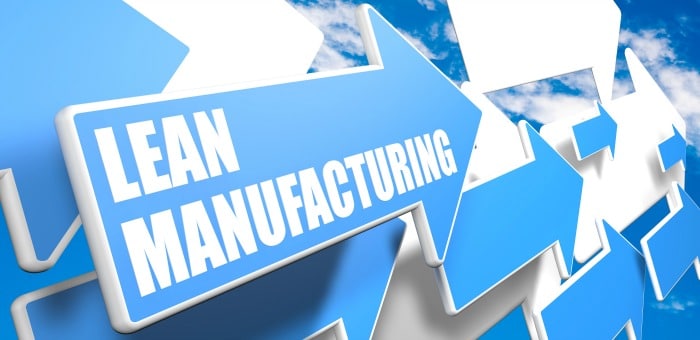“Lean manufacturing” isn’t a long phrase, but some small-to-medium manufacturers prefer to say “lean” instead. The words we choose are important, of course, and some affect people’s perceptions of our intentions.
According to Greg Hernandez, a manager at component manufacturer R.W. Lyall, the word “lean” can have negative connotations. “I’ve come to suspect,” he explains, “that it conjures images of starvation and poverty in people’s minds”. Is this what your employees think when they hear you say “lean”?
What Lean Doesn’t Mean
In Lean Manufacturing and the Myth of Mr. Scrooge, Hernandez describes what lean is – and what it isn’t. For manufacturing executives, explaining what lean doesn’t mean entails addressing employee fears head-on.
“Lean doesn’t mean mass layoffs,” Hernandez writes, and “lean doesn’t mean working people to the bone” or being a “cheapo” that rejects investments in employee education and training. Production managers may also need assurance that lean doesn’t mean dumping buffers and back stock from purchasing and inventory.
The Core of Lean Manufacturing
So what does lean really mean then? According to the Lean Enterprise Institute, “the core idea is to maximize customer value while minimizing waste.” In his own article for Manufacturing.net, Hernandez emphasizes these very points. “Lean manufacturing,” he explains, “keeps customers satisfied and employees motivated and happy.”
By emphasizing value-added activities and undergoing a constant process of analysis, lean manufacturers promote profitability and ensures employee involvement.
Do you work for a lean manufacturing company? Whether you’re a top executive, middle manager, or production line worker, what do you think of when you hear the word “lean”?
Image Credit: © Mathias Rosenthal – stock.adobe.com

